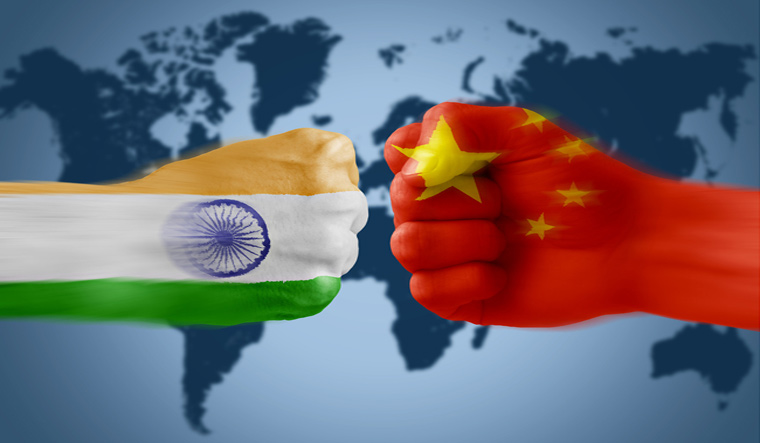Summary: India plans to rename sites in Tibet in response to China’s renaming of places in Arunachal Pradesh, reopening the Tibetan question and intensifying tensions between the two nations.

India has launched a counteroffensive to China’s renaming of places in India’s Arunachal Pradesh by planning to rename over two dozen places in Tibet Autonomous Region. This move, seen as a tit-for-tat response, could reopen the Tibetan question and escalate tensions between the two countries, according to The Diplomat.
India’s Renaming Initiative
India‘s plan to rename places in Tibet is a response to China‘s recent renaming blitz in Arunachal Pradesh, which China calls Zangnan or “southern Tibet.” The list of places to be renamed by India is expected to be released soon after a new government takes power in Delhi following the national parliamentary elections according to the Diplomat.
“Prime Minister Modi has sought to win these polls on the strength of his strongman image. It is natural he will authorize the renaming of Tibetan places to live up to that image,” said former Intelligence Bureau officer Benu Ghosh, who has followed China and the border issue with India for decades.
China’s Renaming Campaign
China‘s Ministry of Civil Affairs released the fourth list of “standardized” geographical names in Arunachal Pradesh in March 2024, renaming 30 places. This list includes 11 residential areas, 12 mountains, four rivers, one lake, one mountain pass, and a piece of land, with names given in Chinese characters, Tibetan, and pinyin. Beijing’s renaming is seen as an effort to strengthen its territorial claims on the region.
Indian Army’s Role and Research
The Indian Army’s information warfare division is behind the renaming of Tibetan places. They have conducted extensive research with support from top research institutes, including the British-era Asiatic Society based in Kolkata. Detailed tweets by the army have challenged China’s renaming of places in Arunachal Pradesh.
Historical and Political Implications
India’s renaming campaign is based on historical records reclaiming ancient names in Indian languages. Military officials speaking on condition of anonymity said the new names are backed by extensive historical research. This move is expected to be part of a global campaign to counter China’s claims on Arunachal Pradesh and other disputed border areas.
ALSO READ: China’s Advanced Stealth Fighters Close to Indian Border in Sikkim
“As and when that [the renaming campaign] happens, it will be tantamount to India reopening the Tibetan question,” said Ghosh. “India has accepted Tibet as part of China since it was forcibly occupied by Beijing, but now the Modi government seems prepared to change course to deflate the Chinese cartographical and nomenclature aggression.”
Media and Public Perception
The Indian Army has organized media trips to disputed border areas, allowing journalists to speak with locals who oppose Chinese claims and assert that these areas have always been part of India. “The ultimate target is to push through the Indian counter-narrative on the disputed border through regional and global media, anchored on both solid historical research and local residents’ vox pops,” said an officer involved in the campaign.
China’s Historical Renaming Efforts
China has previously released lists of standardized names for places in Arunachal Pradesh in 2017, 2021, and 2023. India has consistently rejected these moves, asserting that Arunachal Pradesh is an integral part of the country. “Arunachal Pradesh is, has been, and will always be an integral and inalienable part of India. Attempts to assign invented names will not alter this reality,” said a spokesperson for India’s External Affairs Ministry in 2023.
Diplomatic Reactions
China’s renaming efforts have been accompanied by diplomatic protests, such as those lodged after Prime Minister Modi visited Arunachal Pradesh in March 2024. External Affairs Minister S. Jaishankar dismissed China’s claims on Arunachal Pradesh as “ludicrous,” reinforcing India’s stance that the frontier state is a “natural part of India.”
“This is not a new issue. China has laid claim, it has expanded its claim. The claims are ludicrous to begin with and remain ludicrous today,” Jaishankar said, emphasizing that the boundary discussions will continue.






